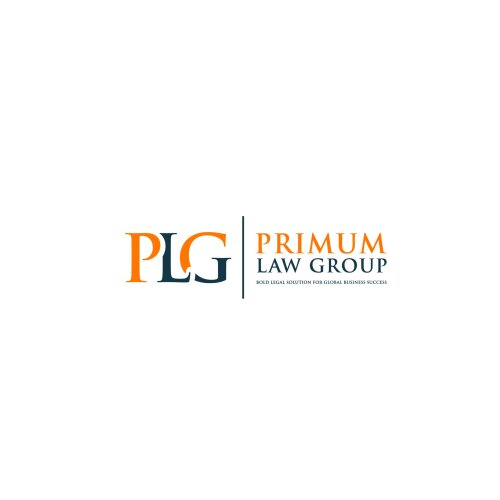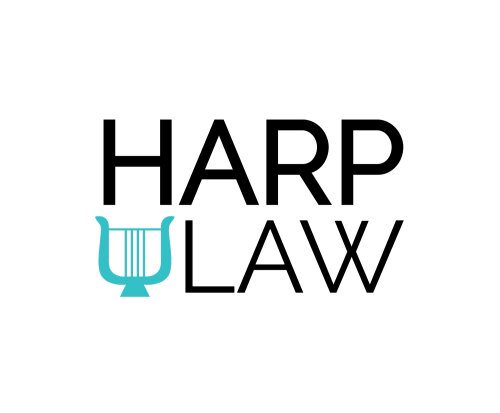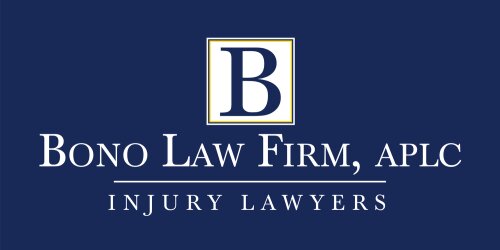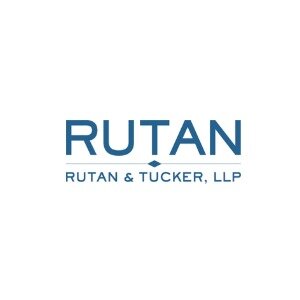Best Aviation Lawyers in United States
Share your needs with us, get contacted by law firms.
Free. Takes 2 min.
Or refine your search by selecting a city:
List of the best lawyers in United States
About Aviation Law in United States
Aviation law in the United States encompasses a complex system of federal, state, and international laws and regulations that govern aircraft operations, human factors, and safe navigation of the skies. The Federal Aviation Administration (FAA) is the primary regulatory body that oversees all aspects of civil aviation in the country, including safety standards, pilot certification, and aircraft maintenance. In addition to the FAA, other agencies such as the National Transportation Safety Board (NTSB) and the Department of Transportation (DOT) play significant roles in aviation oversight and policy-making. Aviation law also interfaces with various other legal domains, including employment, international law, environmental law, and commercial regulations, forming a multifaceted field that requires specialized knowledge to navigate effectively.
Why You May Need a Lawyer
Several common situations may necessitate seeking legal advice or representation in the field of aviation. These include aircraft purchase or lease negotiations, which require intricate contracts and an understanding of both local and international trade laws. Another scenario is encountering regulatory issues with the FAA or other aviation bodies, where legal assistance can help address compliance matters or contest rulings. Additionally, aviation accidents and incidents bring about complex liability and insurance claims that benefit from having a legal expert to protect your interests. Employment disputes, including pilot and crew labor issues, also often require legal intervention to resolve contractual or regulatory disagreements. Finally, engaging in mergers or acquisitions involving aviation businesses calls for legal expertise to navigate antitrust laws, intellectual property rights, and other business-related legislative requirements.
Local Laws Overview
The United States enforces a well-defined regulatory framework for aviation that emphasizes safety, efficiency, and environmental stewardship. Key aspects include the Federal Aviation Act, which establishes guidelines for aircraft operation, airspace management, and airport safety. Environmental regulations, such as those enforced by the Environmental Protection Agency (EPA), address issues like aircraft noise and emissions. State laws can vary, but they usually cater to airport zoning, land use, and state-specific aviation needs. In addition to safety and environmental concerns, aviation law also deals with economic regulations that govern airline competition, pricing, and consumer rights, often overseen by the DOT.
Frequently Asked Questions
What is the role of the FAA in aviation law?
The FAA regulates all aspects of civil aviation in the United States, including setting safety standards, certifying airmen and aircraft, and managing air traffic control.
How does one become a certified pilot in the United States?
To become a certified pilot, one must undergo extensive training, pass a medical examination, and successfully complete both a written and practical test administered by the FAA.
What are common legal issues in aviation?
Common legal issues include regulatory compliance, aircraft financing and leasing, airport development, and accident liability claims.
How are aviation accidents investigated?
The NTSB is responsible for investigating civil aviation accidents, determining probable causes, and making safety recommendations to prevent future incidents.
What legal protections exist for passengers in the event of flight cancellations?
Legal protections for passengers include a refund or alternative travel arrangements when flights are cancelled, as mandated by the DOT's consumer protection regulations.
Can state laws affect aviation operations?
While federal law primarily governs aviation operations, state laws can influence local issues such as airport zoning and noise restrictions.
What is the process for resolving aviation labor disputes?
Aviation labor disputes are typically resolved through collective bargaining, arbitration, or adjudication by the National Mediation Board.
How does international law impact aviation in the U.S.?
International law impacts issues such as bilateral air service agreements, safety standards, and passenger rights, often negotiated by international bodies like the International Civil Aviation Organization (ICAO).
What are the environmental regulations affecting aviation?
Regulations include limiting aircraft noise for residential areas and controlling emissions to reduce environmental impact, enforced by both the FAA and EPA.
Where can one find more information on FAA regulations?
The FAA's official website provides comprehensive information on regulations, guidance, and ongoing rulemaking activities in the aviation sector.
Additional Resources
For those seeking more information or assistance, several resources are available. The FAA and the NTSB websites offer a wealth of information on aviation regulations and safety issues. Additionally, the Aircraft Owners and Pilots Association (AOPA) and the Experimental Aircraft Association (EAA) provide support and advocacy for pilots and aircraft owners. The DOT's website offers guidance on consumer protection and aviation economics. For legal assistance, the American Bar Association houses a section on air and space law, listing qualified attorneys with aviation expertise.
Next Steps
If you need legal assistance in aviation, start by identifying the specific nature of your issue-whether it's compliance, a dispute, an accident, or a business transaction. Once you have a clear understanding of your needs, reach out to a lawyer who specializes in aviation law to assess your case and provide expert guidance. Many states have bar associations with specific sections for aviation law, making it easier to find qualified attorneys. Additionally, consulting aviation industry organizations and resources can supplement your legal strategy with professional insights and support.
Lawzana helps you find the best lawyers and law firms in United States through a curated and pre-screened list of qualified legal professionals. Our platform offers rankings and detailed profiles of attorneys and law firms, allowing you to compare based on practice areas, including Aviation, experience, and client feedback.
Each profile includes a description of the firm's areas of practice, client reviews, team members and partners, year of establishment, spoken languages, office locations, contact information, social media presence, and any published articles or resources. Most firms on our platform speak English and are experienced in both local and international legal matters.
Get a quote from top-rated law firms in United States — quickly, securely, and without unnecessary hassle.
Disclaimer:
The information provided on this page is for general informational purposes only and does not constitute legal advice. While we strive to ensure the accuracy and relevance of the content, legal information may change over time, and interpretations of the law can vary. You should always consult with a qualified legal professional for advice specific to your situation.
We disclaim all liability for actions taken or not taken based on the content of this page. If you believe any information is incorrect or outdated, please contact us, and we will review and update it where appropriate.
Browse aviation law firms by state in United States
Refine your search by selecting a state.
















